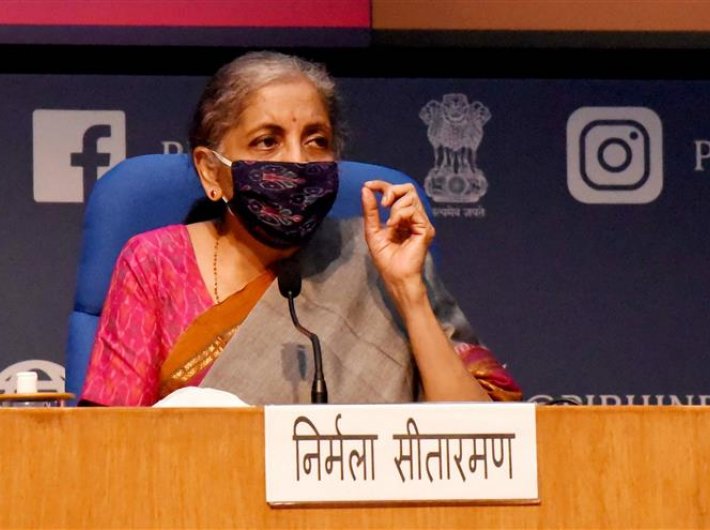NARCL along with a development financial institution or development bank can help address both stock and flow of NPAs in banking
After the recent announcement of the government guarantee for Security Receipts (SRs) to be issued by a public sector-owned National Asset Reconstruction Company Ltd (NARCL), there is a surge of interest around this desi version of a super bad bank. The entity will acquire around ₹2 trillion bad debts from banks (which is around 25% of estimated ₹8.34 trillion of bad debts outstanding as of March 2021). From the immediate balance-sheet perspective of the banks, it is a big positive. Since most of the lenders will be doing it simultaneously, debt aggregation which used be a challenge and faced delayed resolution, gets addressed. The assets so acquired will be managed by a private sector professional entity called India Debt Resolution Corporation Ltd (IDRCL). Public sector ARC, private sector professional management and add backstop support of government guaranteeing the redemption of the payments notes issued by NARCL called SRs, everybody is gung-ho. And to a considerable extent, rightly so.
Also read:
All you wanted to know about 'bad bank'
Let us dive a little deeper. NARCL is a one-time exercise to acquire ₹2 trillion debt and resolve it in a five-year time frame. The entity will flush out NPAs of ₹2 trillion from banking system . Is it unique? Well, as per RBI data, the existing ARCs had acquired debts with book value of ₹2.38 trillion as of June 2016 which went up to ₹4.31 trillion as on 2020. In other words, in the last four years existing ARCs did flush out around ₹2 trillion from the banking system. It was not one time and hence there was no big- bang around it. For acquiring this nearly ₹2 trillion NPAs, ARCs issued SRs amounting ₹0.72 trillion, at an average pricing of 36%. The cash component paid upfront by ARCs in this was ₹0.18 trillion, i.e., 25% of purchase consideration. NARCL proposes to acquire the assets at an average pricing of 18% with 15% upfront cash. NARCL does get a headstart with aggregated debt acquisition and much greater access to distressed debt market with government guaranteed papers. However, the creation of two entities, NARCL and IDRCL, may have its own issues around duality in structure.
Now the more pertinent question. NPA is both a stock at any given time and flow during a period. Flow is determined by net NPA accretion reduced by the amount recovered. NARCL or the existing ARCs help in reducing stock. What about flow? Just to give a perspective, in a three-year time-frame, from 2017-18 to 2019-20, banks added NPAs of ₹12.97 trillion, recovered ₹4.64 trillion and wrote off ₹6.37 trillion. During 2020-21, there would have been expected improvement which can be analysed after the ‘Trend and Progress of Banking’ report 2021 is available.
The fact remains that the flow of NPAs, and accretion of fresh NPAs is an equal, if not bigger, problem vis-à-vis the problem of NPA stocks. NARCL takes care of latter. But equal focus has to be on ensuring that incremental flow is addressed possibly by improving credit underwriting, may be with an aggregated due diligence and documentation for parity in rigour of skillsets in credit origination and follow-up.
Budget 2021 also mentioned setting up of a ‘good bank’, a development financial institution (DFI) for the funding of the national infrastructure pipeline. An amount of ₹20,000 crore has been budgeted this year. The problem of NPAs in banks is very much contributed by weathering out of all DFIs like ICICI, IDBI and IFCI, and the result was that the banks with short-term liability had to invest in long-term project loans with additional regulatory and execution risks. Once that is taken care of, hopefully NPA accretion will come down.
A ‘bad bank’ (NARCL) complemented with a ‘good bank’ (DFI) can help address both the stock and flow of NPAs in banking.
Mishra is a policy analyst and columnist.
